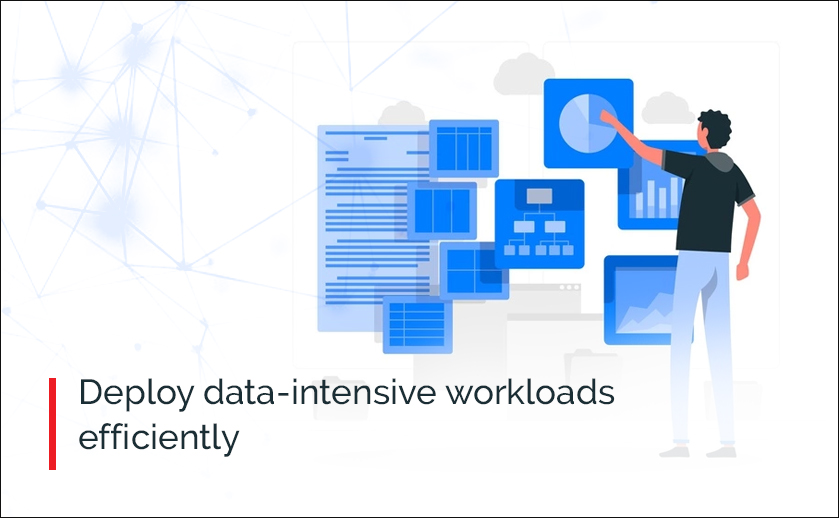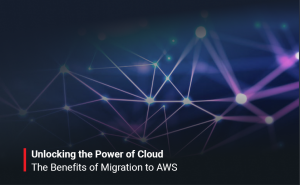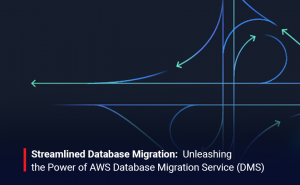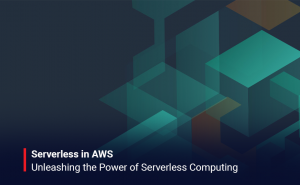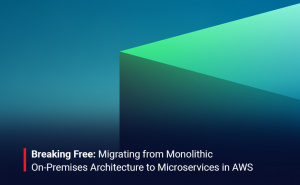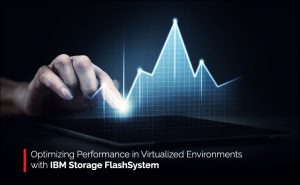In today’s ever-changing digital landscape, customer user experience is vital for business. It’s imperative to drive digital transformation and modernize your applications. Nowadays many IT organizations are investing in modernizing and revamping their application portfolios to champion digital transformation and remain competitive. Application modernization deals with migration of legacy applications and other mission- critical apps to new applications or modernizing platform infrastructure in order to deliver a better customer experience and leverage ROI. IBM application modernization services offers skills, methods and tools that help enterprises determine strategy based on their portfolios and customize according to their needs. This helps the organization to drive cost effective, create opportunities and increase productivity for innovation. To unlock the value of a hybrid cloud approach, IT leaders need to eye the right strategy based on their portfolio that can assist them modernize and containerize legacy applications and accelerate the value over time of hybrid cloud environments.
Some immediate benefits of application modernization are:
- Create a future- ready culture: Quickly develop and deliver new applications and services by embracing an agile culture and new ways of working with AI accelerators and automation.
- Fuel digital transformation: App modernization accelerates digital transformation by modernizing business to build new capabilities and deliver them quickly.
- Accelerate business outcomes: Minimizes business disruption and quickly captures business value by providing an optimal application modernization roadmap and streamlining execution.
- Improve operational efficiency and cost reductions: Improves efficiency by automating operations in your hybrid multi-cloud environment.
- Improve developer productivity: Adoption of new cloud-native and containerization technology improves developer speed and simplicity.
- Fast and cost-effective modernization: Saves time and money by leveraging advanced analytical tools, new delivery models, and advanced modernization patterns.
Journey of Application modernization
Today, application modernization has become an integral part of cloud -centric business transformation. Business demands, such as increased ROI, faster time to market, cost efficiency, increased productivity and innovation requires IT organizations to invest in the application modernization journey.
To begin the modernization journey, the organizations must understand the approaches that are available to re-build their organization structure that is right for their inventory and modernization goals.
The IBM Cloud® Transformation Advisor helps you in analyzing and categorizing applications and provides the right guidance at each step in your journey. It can assist you in understanding the patterns to help you achieve your goals and the amount of effort that is required to start the modernization journey.
Choose the approach that best fits your modernization goals. Let’s take a look into some of the approaches towards application modernization –
- Containerize the monolith: Reduce costs and simplify operations by moving applications to a single operational model that can be used by both new cloud-native applications and traditional applications.
- Expose on-premises assets by using APIs: This approach involves leaving an application in place but securely exposing its functions or data via APIs. By externalizing an application with an API, you allow new applications as well as cloud-native applications to simply take advantage of the capabilities of existing systems and data.
- Refactoring monolith into microservices: This approach involves breaking down or refactoring monolith applications into a collection of small, loosely coupled microservices based on maturity, modernization objectives, and requirements.
- Add new microservices: By enriching an application with a new business function, an application innovates incrementally, reduces complexity, and establishes success early.
- Strangle the monolith: In this approach, instead of breaking down the monolith all at once, the strangler patter takes the application apart bit by bit from service and replaces functions with new implementations and as this approach progresses, eventually there’s nothing left of the monolith.

